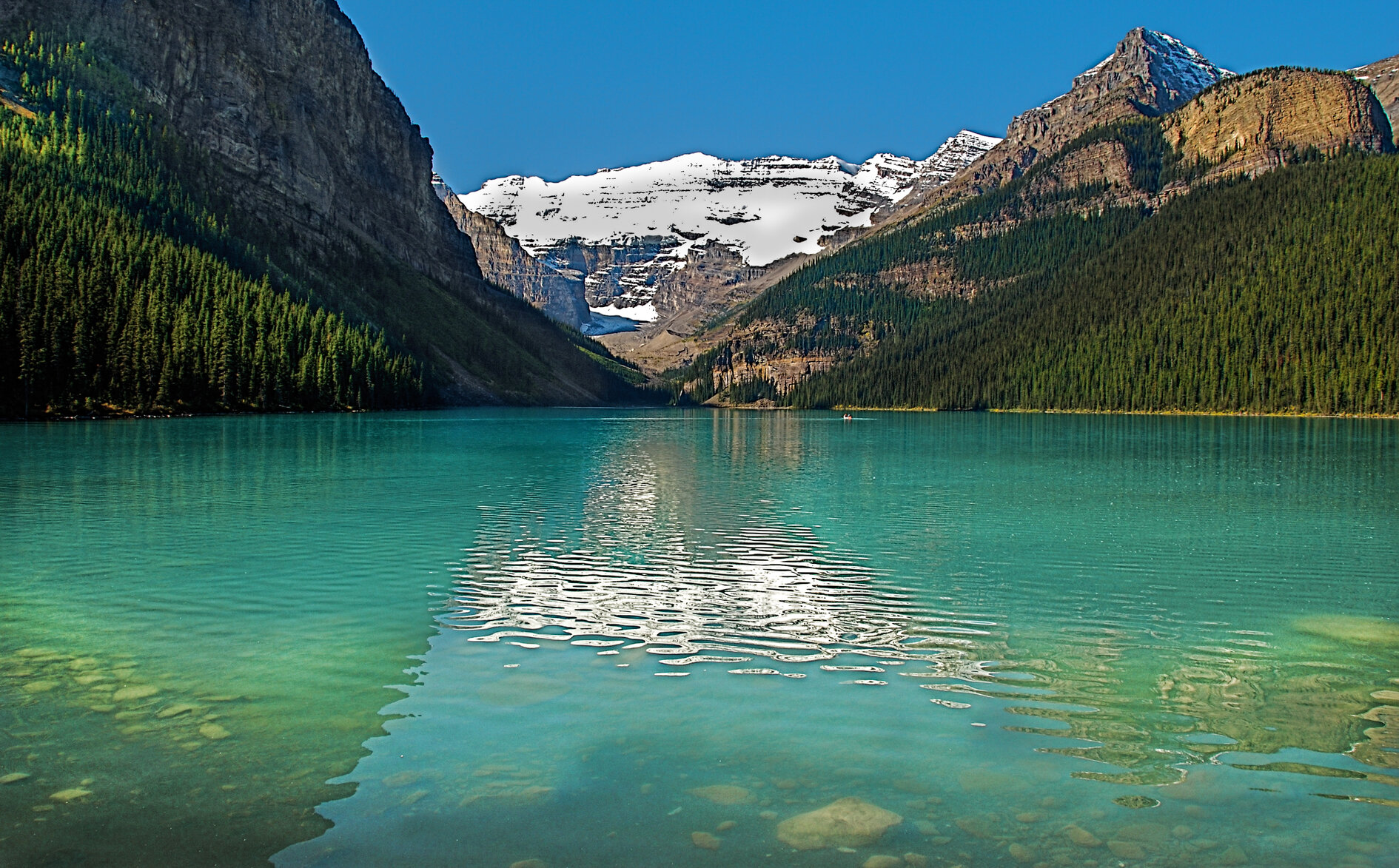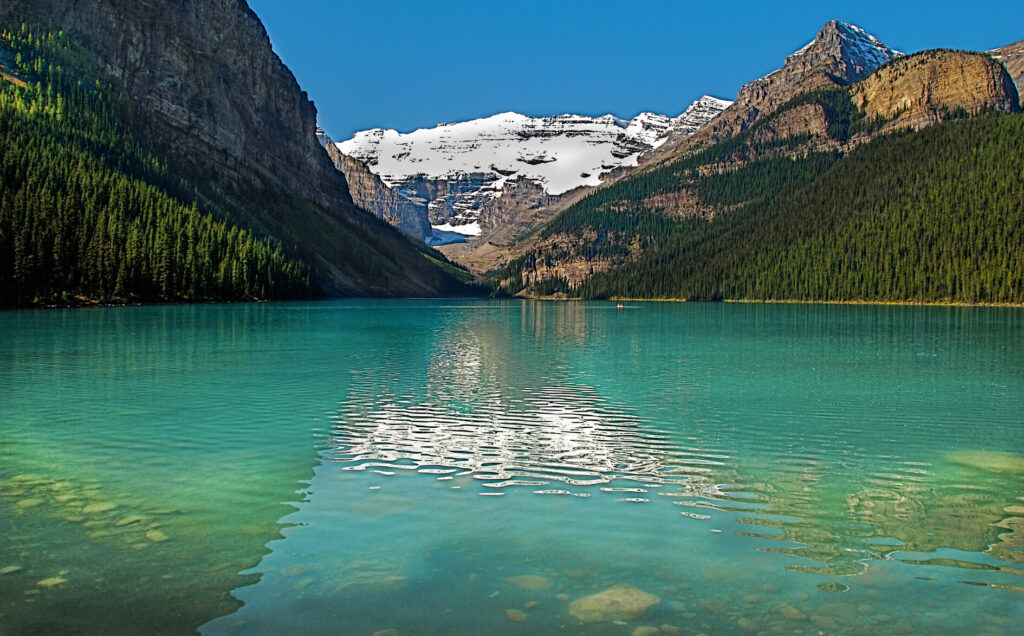1. Grace
There is more grace in the atmosphere than carbon dioxide.
That does not let anyone off the hook; it promises that we can face the grim fate of the Earth and the compromises of our lives without being utterly overwhelmed. (And it means I can break bread with sisters and brothers who do not believe there is a hook that anyone needs to be let off of.)
2. Guilt
We are guilty of being pretty messed up in a pretty messed-up world. If we pretend otherwise, we spurn grace and rebuff the truth that can set us free.
The danger is that feelings of guilt cripple us. The answer, I believe, is to move toward the guilt, not away from it. Confess it, examine it, pray through it, chip away at its sources.
Do this in community. Slowly. Gently. Humbly. Constantly reminding each other that heaven and earth overflow with grace.
3. Moral imperative
I am tempted to wallop people over the head with red-hot climate charts, soul-numbing natural-disaster stats, and the searing questions my kids ask about the integrity of the church.
But politicians, scientists, celebrities, authors, preachers, popes and teenagers have brought climate-related moral imperatives to bear on humanity for a generation, and we are still seemingly headed for doom. Perhaps it is more fruitful to focus on spiritual opportunity (see No. 4) rather than obligation.
4. Love and theology
I like to think about response to the climate crisis less in terms of a duty to reduce emissions than an opportunity for fierce love. To address the climate crisis is to discover something new about love for the Earth, love for next generations, and love for the people most directly impacted by climate chaos. This is the spiritual opportunity.
In I John we read: “If you love one another, God lives in you and God’s love is perfected in you.” We can realize something new of God’s love. That’s amazing.
5. Skeptics
I have sometimes failed at this, but I believe climate questioners must be heard and respected. The body has many parts. Amputation is not an option. To shift metaphors, echo chambers are good for neither society nor the soul.
6. Education
On climate, churches often revert to education mode. But most people who want education have already availed themselves. It’s all a click away. The key task is not to create websites or compile resources, but to nurture transformation and broaden dialogue—to humbly listen to the good people who are not inclined to consult existing resources. Why are they hesitant? What do they bring to the table?
7. Collective imagination
Can we really imagine getting to net zero? Although considerable desire for change exists, in our minds and hearts and imaginations we are stuck, understandably.
But when people take bold practical action, it creates fresh space in the collective imagination. Actions of obvious integrity loosen the logjam and give heft to policy advocacy. Integrity is the currency of change.
8. Big change
Recycling, cloth grocery bags and cardboard-ish straws are not the game. Big change must be on the table: smaller homes, different vehicles, smaller incomes, different food, less mobility, less consumption—and public policy to support this. Small change counts, but not really if we don’t get to the big stuff. And we need to honestly assess how often small change leads to big, as the theory goes.
9. Activism
For years, I assumed that everyone who cared would follow an activist path. But most people are not activists and never will be. That’s okay.
I’ve organized illegal protests, choked on tear gas and met with cabinet ministers. That stuff is critical. But the body has many parts. Climate should also be the realm of spiritual directors, elders, youth, pastors, entrepreneurs, engineers, and artists. Activists and progressives do not have a monopoly on doing good.
10. Nature depreciation
Appreciating nature does not reduce emissions. They say if you love it, you’ll protect it. Yes and no. People burn a lot of carbon to go love nature. I love hiking, but it’s not a virtue.
Is nature a cathedral, eco-amusement park or a performer ready to be captured for our mini virtual audiences? Can we reduce it to something outside us, created for us? Are we at the centre? Or just a part?
More than sanctuary, playground or amateur reality-show stage, nature is the practical context of life. Nature is what we put into our bodies and what comes out. What we put in our cars and what comes out. Food, waste and fuel constitute our most regular and intimate interactions with the rest of nature. In this, more than our favourite campsite, is where connection, love and transformation are to be found.
11. Simplicity
Near the top of every climate reading list should be Living More With Less by Doris Janzen Longacre. It covers guilt, grace, community, love and a gentle path to redemptive action.
On a systemic level, Mennonite churches could explore economic de-growth. No political party will touch it. This could be a valuable strategic contribution to societal discourse.
12. Contemplation and action
I have been shaped by years of environmental work. Equally formative for me has been the contemplative Christian tradition. Sadly, the gap between these realms is large.
The contemplative realm is one of silence, stillness, waiting, surrender, listening, healing, inner journey. This is not the language of climate campaigners. Conversely, many contemplatives heed not matters of environment and justice.
If climate work is indeed about love, grace and humility, then the work of transforming the world and transforming ourselves are one. The inner journey is the outer journey. We can read Thomas Merton and climate reports antiphonally. Greta Thunberg can inform the Beatitudes, and vice versa. We can examine with every bit of our being what it is to love enemies, and let it transform us.
Rather than pushing an agenda, which short circuits truth, we can invite a range of views, trusting the wisdom God puts in the circle.
We can let go of results and cease grasping for levers of control. We can do justice, love mercy and walk humbly with our God (placing equal emphasis on the latter two). To reference John 1:16, we can rest in knowing that from the fullness of Christ we have all received grace in place of grace.
I invite readers’ confidential responses to seniorwriter@canadianmennonite.org on these 12 points, even if you’ve never voted NDP or Liberal, and especially if you feel climate discussions never create room for you. Rant, confess, dispute—whatever. Readers can also send a letter for publication (up to 300 words) to letters@canadianmennonite.org or comment below.









Leave a Reply
You must be logged in to post a comment.